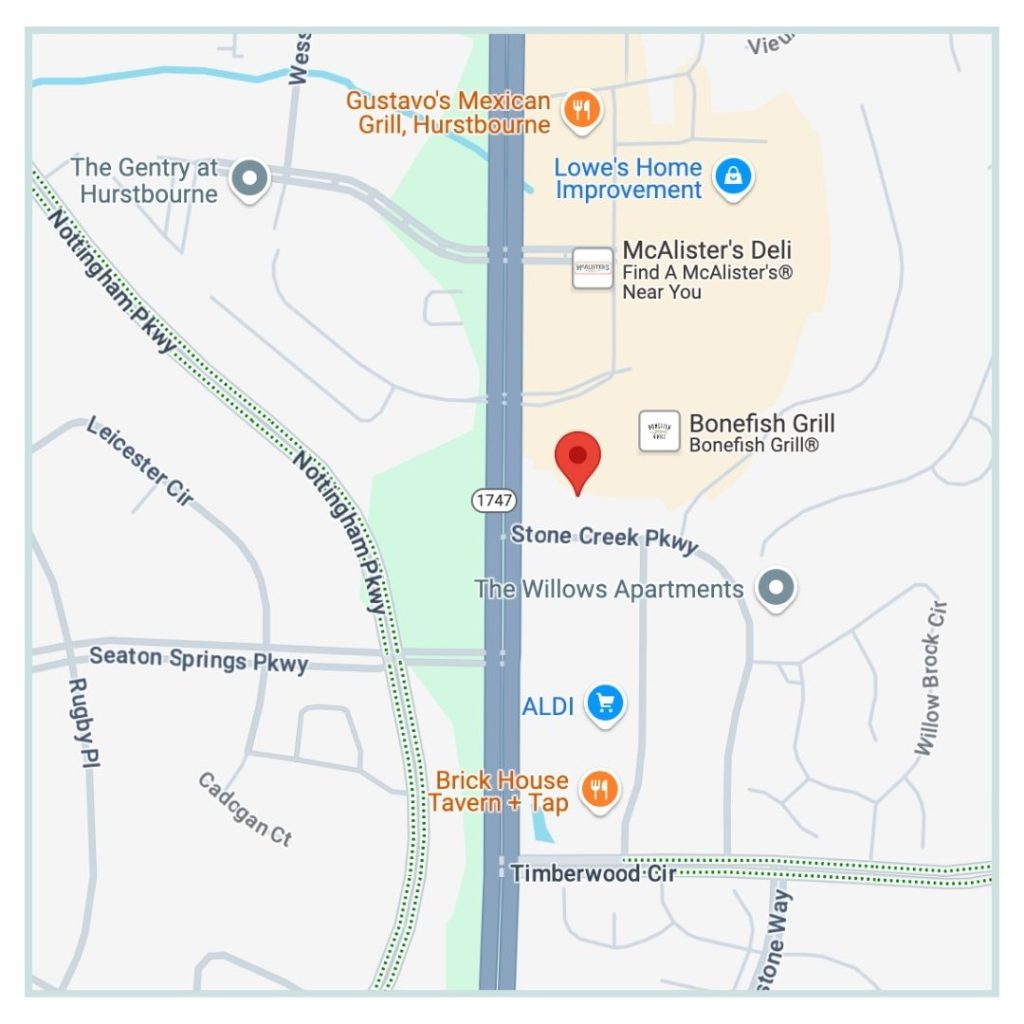Our elderly parents have a lot of pride in being able to take care of themselves. Unfortunately, sometimes our elderly parents reach a point where mentally they cannot make good decisions regarding their personal care and/or financial affairs. For example, they may no longer be able to handle their banking or could even be taken advantage of by scammers. Or they may not be unable to remember familiar faces or may be detached from reality altogether.
We love our elderly parents, and we want to make sure their final years are spent in comfort. If their physical and mental health has deteriorated to the point that a court can declare them legally disabled, they will be considered a “ward” and a “guardian” or “conservator” can be appointed to take care of their personal care and/or financial affairs.
What is a guardian and a conservator?
When a court in Kentucky appoints someone to serve as your parent’s guardian and/or conservator, a legal relationship is formed in which the guardian oversees your parent’s affairs. The state of Kentucky recognizes several types of guardianship and conservatorship.
- Both full guardianship and full conservatorship. If the court grants the guardian full guardianship/conservatorship, this means that your parent is deemed fully disabled, and the guardian will take over all your parent’s rights to make personal and financial decisions. The court has the discretion to allow your parent to retain the right to vote but your parent’s other civil rights are managed by the guardian.
- Personal guardianship only. If the court appoints a personal guardian only, this means that your parent is only deemed to be disabled with regards to their personal affairs. In this case, the guardian is responsible for your parent’s personal affairs but not your parent’s financial affairs.
- Conservatorship only. If the court appoints a conservatorship only, this means that your parent is only deemed to be disabled with regards to their financial affairs. In this case, the conservator is responsible for your parent’s financial affairs but not your parent’s personal affairs.
- Limited guardianship only. If the court appoints a limited guardianship only, this means your parent is deemed to be only partially disabled. Your parent can take care of some of their personal affairs but needs help with others. The court has the discretion to decide which civil rights your parent can retain, and which civil rights should be managed by the guardian.
- Limited conservatorship only. If the court appoints a limited conservatorship only, this means your parent is deemed to be only partially disabled. Your parent can take care of some of their financial affairs but needs help with others. The court has the choice to decide which civil rights your parent can retain, and which civil rights should be managed by the guardian.
As you can see, there are a variety of guardianship/conservatorship options that can be tailored to meet your parent’s needs. Some people need more help than others, and some are more mentally capable than others. Kentucky law provides options for seniors who have lost their mental capacity entirely and those who only need limited help.
Who can volunteer to be a guardian?
Many people can serve as a guardian and/or conservator. Sometimes a friend or relative of your elderly parent will be their court-appointed guardian. A guardian must be able to act in the senior’s best interests and must manage the senior’s affairs responsibly and wisely. This is known as a “fiduciary duty.” Sometimes a disabled senior has no one who can volunteer to serve as guardian and/or conservator. In this case, the Cabinet for Health and Family Services is appointed to be the senior’s guardian and/or conservator.
It can be scary to watch your elderly parent decline mentally. Fortunately, there are ways to officially oversee their affairs in a way that is legally recognized. It is okay if you find the topic of guardianship or conservatorship confusing. Our firm is ready to help Kentucky residents better understand what their options are if their loved one becomes mentally disabled.





